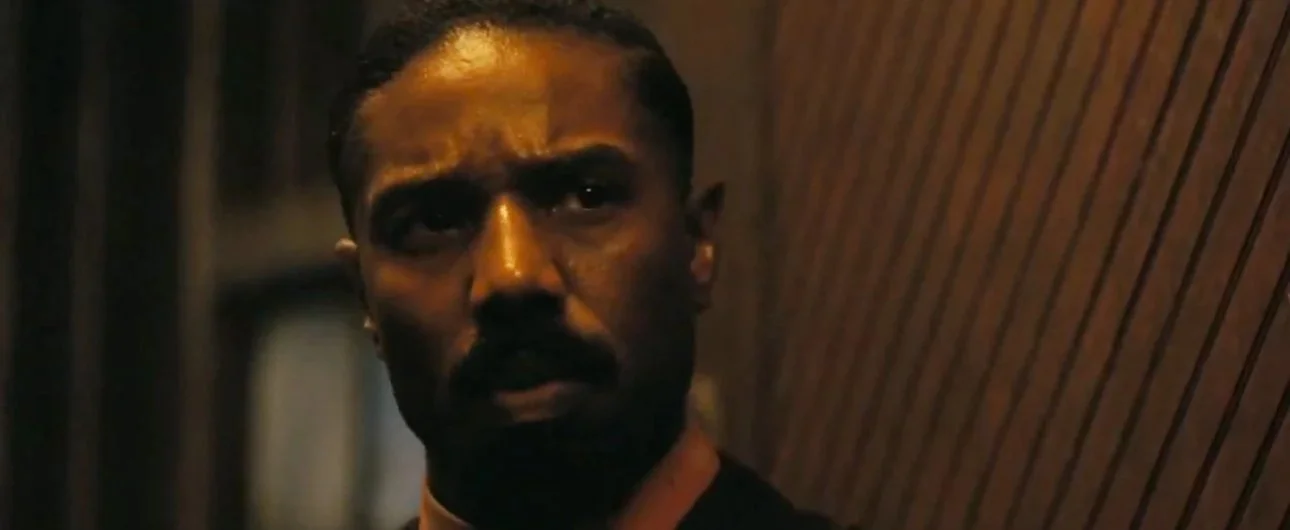Joseph Gordon-Levitt is a co-pilot on a hijacked flight from Berlin to Paris in “7500,” the feature debut from German director and co-writer, Patrick Vollrath.
This claustrophobic, but formulaic thriller tries to be a worthy addition to the “bottle movie” genre, but it can’t overcome the fact that it doesn’t bring anything new to the table. This is the kind of film that means to tie your stomach in a knot, but can’t overcome the predictable narrative layout found within the script by Vollrath and writing partner, Senad Halilbasic.
Co-pilot Tobias Ellis (Gordon-Levitt) has to deal with his German captain (Carlo Kitzlinger) being wounded and barely conscious after a failed ambush by three Islamist terrorists to take over the cockpit. Only one succeeds before being taken down and tied up by Tobias — the other two are outside, banging on the door, threatening to kill off passengers one-by-one unless they gain entry.
It doesn’t help that one of the passengers outside is a flight attendant (Aylin Tezel) who shares a two-year-old son with Tobias. It’s almost inevitable that she will be used as leverage by the terrorists. What else can Tobias do but get on the pilot mic and beg those on board to save her. “You can beat them,” he cries out. “They have only glass,” referring to the shards of glass and duct tape the terrorists have as weapons.
The portrayal of the Islamic terrorists will be inevitably criticized by many as racial stereotyping. Vollrath does, however, try to humanize them. Vedat (Omid Memar), only 18-years-old, is the gullible and naive jihadist of the group. The conversation he ends up having with Tobias near the end of the film, including taking a call from his mother, is laid on thick by Vollrath and nauseating to a point.
Director Paul Greengrass’s “United 93” is a clear influence here. However, the way that movie superbly re-enacted the 9/11 hijacking of a plane, with cinema verite camerawork and barely any character background to boot, is miles ahead of Vollrath’s attempt to characterize and speechify the actions and intents of his characters. He even relies on shaky camerawork, courtesy of cinematographer Sebastian Thaler, to produce a Greengrass-esque effect of tension.
The twists and turns are there, spread out throughout to maintain the viewer’s waning attention. The shocks are all sluggishly drawn out and not very exciting or surprising — rather, they feel too convenient, and, dare I say, at times, almost expected. I almost wish Vollrath could have pulled a Hitchcock, killed both of the main pilots, and just said, fuck it, let these terrorists run the plane to the ground. [C]




